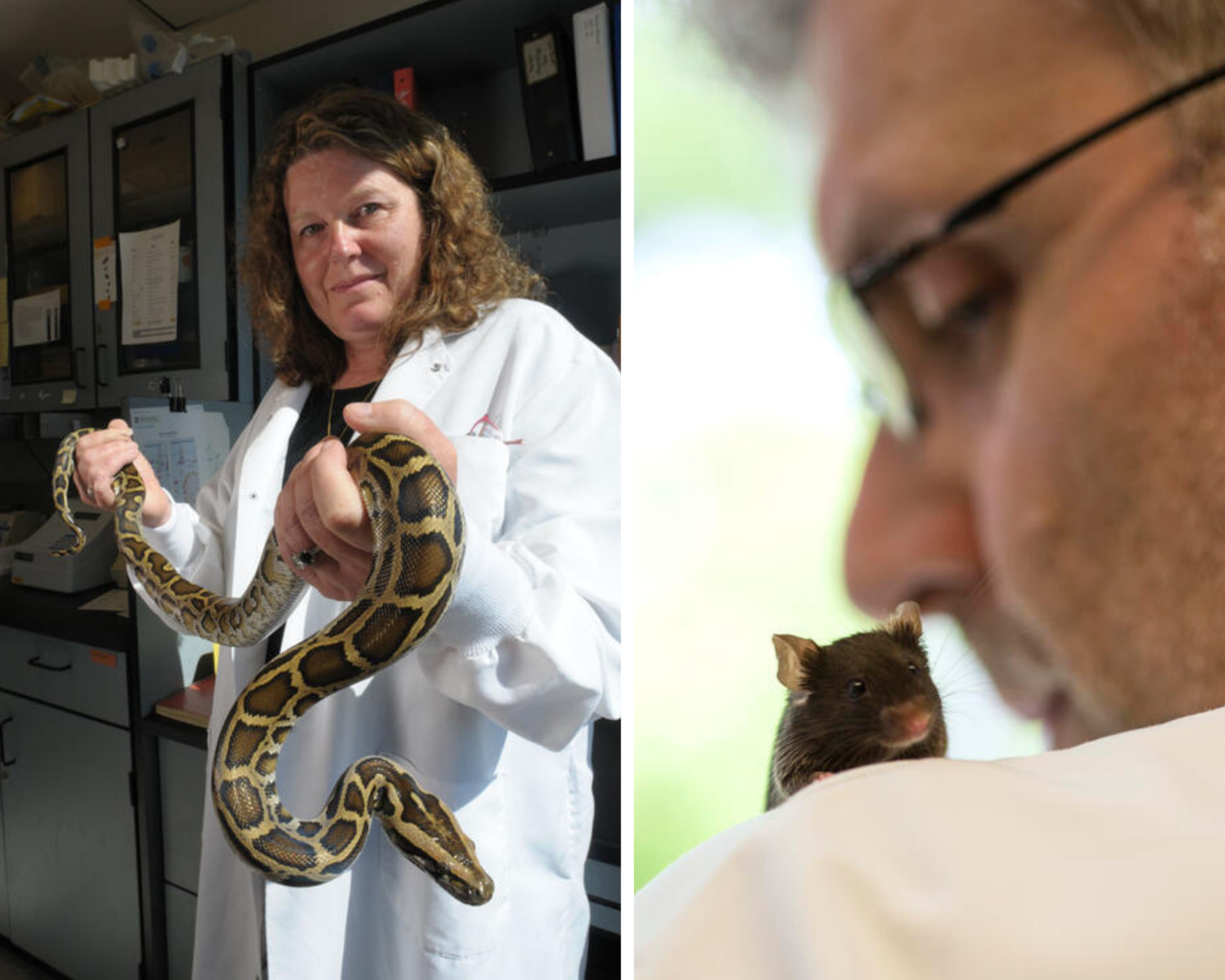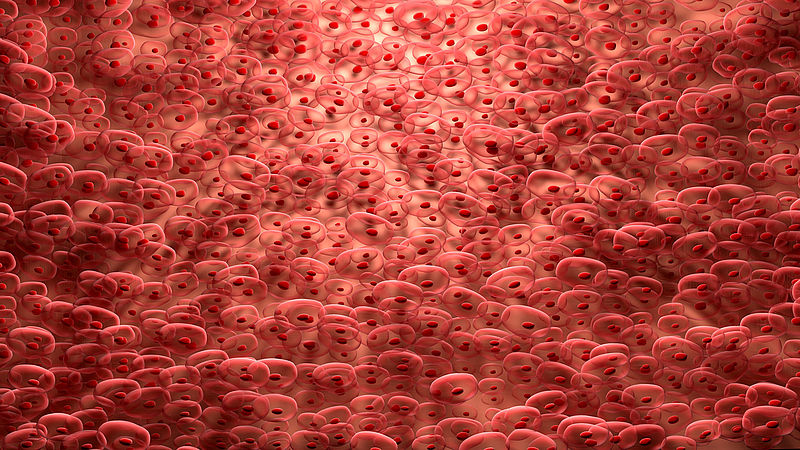"Alternative splicing" allows many different proteins to be produced from a single gene. The process is important for heart muscle cells: They need different proteins to develop, contract, transmit electrical impulses to neighboring cells or respond to external influences such as stress.
If errors occur during splicing, this can have serious consequences: For example, processes then occur in an adult heart as in an embryo heart, causing the heart to grow and mature. As a result, it no longer works in the normal range.
A brilliant trick with weak points
"Alternative splicing" is a trick used primarily by cells in higher organisms to produce as many protein molecules as possible. In this complex process, the same gene serves as a blueprint for several proteins: However, when "copying" or reading off, certain sections of the gene can be cut out. The remaining sections can be variably linked. This results in mRNAs that have different compositions. The mRNAs then transmit the blueprints for the proteins to the protein factories of the cell - the ribosomes.
Learning from the worm snake
The researchers hope to gain new insights for therapy from the Burmese python: The strangler snake can change the size of its heart for a short time - within a day after it has swallowed a large prey. This increases blood flow and distributes nutrients more quickly throughout the body. The organ then shrinks back to normal size. The team wants to elucidate the very specific regulation of the splicing processes in the python heart. Patients suffering from hypertrophic cardiomyopathy, a thickening of the heart muscles, could benefit from this.
The two DZHK Principal Investigators Professor Michael Gotthardt from the Max Delbrück Center for Molecular Medicine (MDC) and Professor Benjamin Meder from Heidelberg University Hospital, are two of six scientists in the transatlantic research group. Michael Gotthardt and Professor Leslie Leinwand from the University of Boulder, Colorado, will coordinate the CASTT (Cardiac Splicing as a Therapeutic Target) project over the next five years.
The network also includes Professor Euan Ashley, a cardiologist at Stanford University (California), Professor Maria Carmo-Fonseca, a cell and oncobiologist at the University of Lisbon, and Lars Steinmetz, a professor of genetics at EMBL Heidelberg and Stanford University.
Source: Press release Max Delbrück Center for Molecular Medicine


